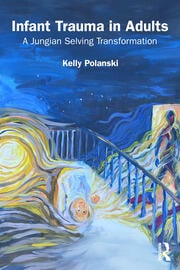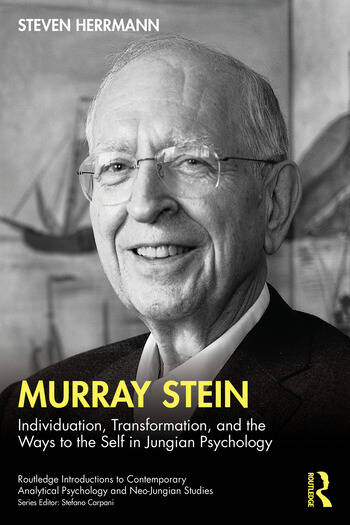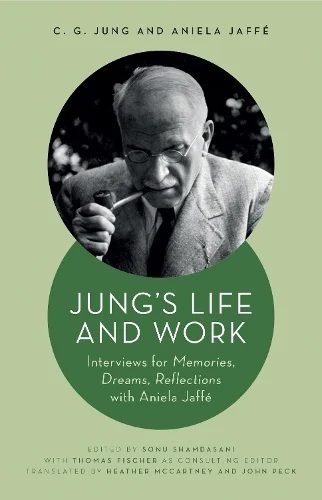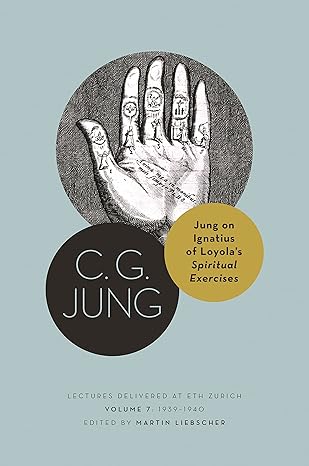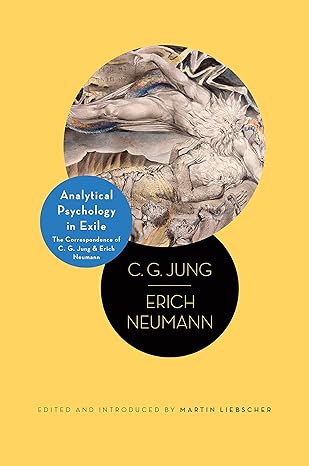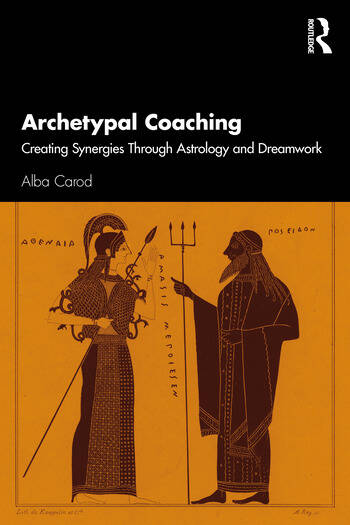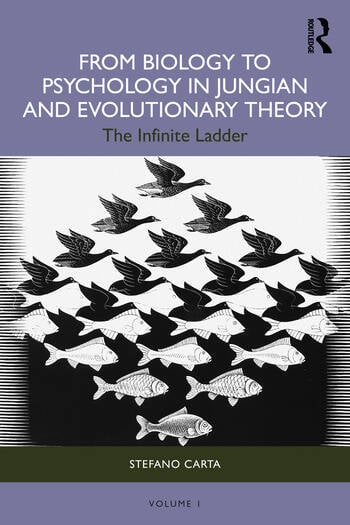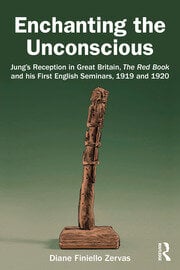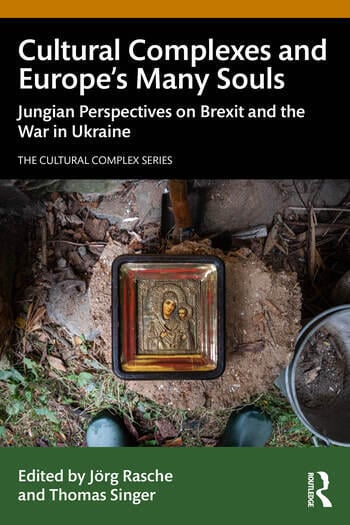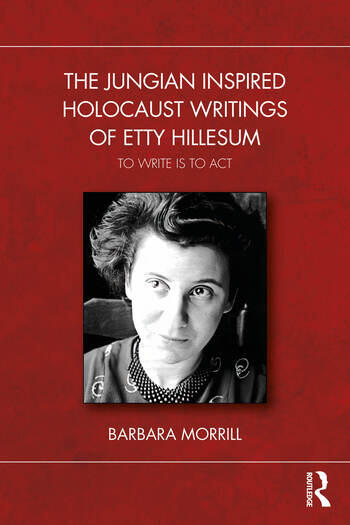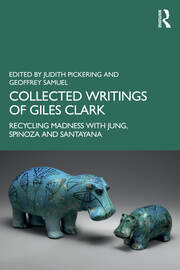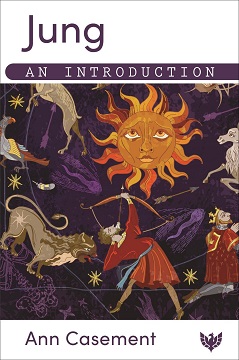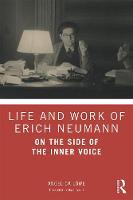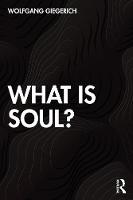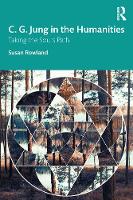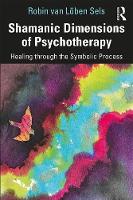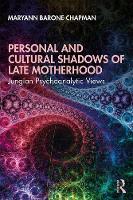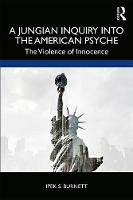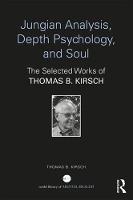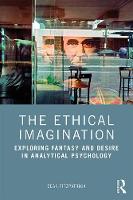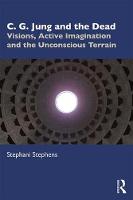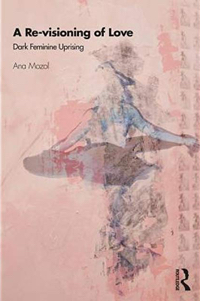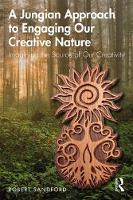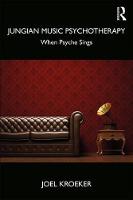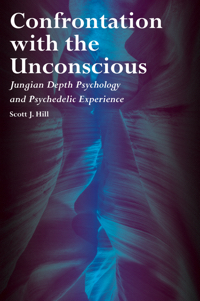Jung and Analytical Psychology Books
The Mysterium Lectures
This book works its way through Jung's Mysterium Coniunctionis paragraph by paragraph, illuminating both alchemical operations and psychological interpretations. 351 pages (more)
Sandplay: Silent Workshop of the Psyche
This text provides an introduction to sandplay as well as material for those already using this form of therapy. Based on the authors' clinical work, it includes in-depth sandplay case history... (more)
The Multicultural Imagination: Race, color and the unconscious
This inquiry into the complex interrelationship between ideas about race, colour and the unconscious, aims to stimulate readers to confront unconscious attitudes which stand in the way of authentic... (more)
The Archetypes and the Collective Unconscious (Collected Works: Vol. 9 Part 1)
The concept of "archetypes" and the hypothesis of "a collective unconscious" are two of Jung's better known ideas. In this volume, taken from the Collected Works, Jung describes and elaborates the... (more)
Infant Trauma in Adults: A Jungian Selving Transformation
This book delves into the infant’s natural multiplicity as the foundation of the adult, to rediscover the impact of first year, unremembered trauma.
Advancing interdisciplinary inquiry into... (more)
Murray Stein: Individuation, Transformation, and the Ways to the Self in Jungian Psychology
This book provides a comprehensive introduction and overview of the work of Murray Stein, beginning with a unique psychobiography of Stein’s life, followed by a systematic, chapter-by-chapter... (more)
Jung's Life and Work: Interviews for Memories, Dreams, Reflections with Aniela Jaffé
In 1957, at the age of eighty-one, C. G. Jung began a collaboration with his student and secretary Aniela Jaffé and the legendary publisher Kurt Wolff on a book about his life. Memories, Dreams,... (more)
Jung on Ignatius of Loyola’s Spiritual Exercises: Lectures Delivered at ETH Zurich, Volume 7: 1939–1940
Between 1933 and 1941, C. G. Jung delivered a series of public lectures at the Swiss Federal Institute of Technology (ETH) in Zurich. Intended for a general audience, these lectures addressed a broad... (more)
Analytical Psychology in Exile: The Correspondence of C. G. Jung and Erich Neumann
C. G. Jung and Erich Neumann first met in 1933, at a seminar Jung was conducting in Berlin. Jung was fifty-seven years old and internationally acclaimed for his own brand of psychotherapy. Neumann,... (more)
Archetypal Coaching: Creating Synergies Through Astrology and Dreamwork
Archetypal Coaching offers a transformative approach to personal growth, blending ancient Greek astrological foundations and dream work with modern coaching techniques, somatic awareness, and Jungian... (more)
From Biology to Psychology in Jungian and Evolutionary Theory: The Infinite Ladder
This groundbreaking book repositions C.G. Jung's legacy, and the field of analytical psychology, within the panorama of contemporary knowledge in biology, psychology and anthropology, on the grounds... (more)
Enchanting the Unconscious: Jung’s Reception in Great Britain, The Red Book and his First English Seminars, 1919 and 1920
This original volume explores Jung’s earliest English seminars, held in 1919 and 1920, in relation to the impact of Liber Novus and The Red Book and his new exoteric and esoteric concepts of... (more)
Cultural Complexes and Europe’s Many Souls: Jungian Perspectives on Brexit and the War in Ukraine
This timely and important new volume examines the impacts of Brexit and the war in Ukraine from the lens of the cultural complex model, in an exploration of the underlying dynamic relationships... (more)
The Jungian Inspired Holocaust Writings of Etty Hillesum: To Write is to Act
Within this fascinating new book, Barbara Morrill analyses the journal writings of Etty Hillesum, a young Jewish woman in the 1940s, as she began analysis with a Jungian oriented practitioner in... (more)
Collected Writings of Giles Clark: Recycling Madness with Jung, Spinoza and Santayana
This timeless and thought-provoking volume makes available the collected writings of Giles Clark (1947-2019), whose original clinical theory constitutes a major contribution to the areas of... (more)
Jung: An Introduction
This book is an introduction to the ideas of the Swiss psychologist and psychoanalyst, C. G. Jung. The first chapter describes his early home life whilst subsequent chapters are devoted to his work... (more)
What is Soul?
Rooted in the metaphysics of bygone times, the notion of soul in our Western tradition is packed with associations and meanings that are incompatible with the anthropological and naturalistic... (more)
Sandplay Therapy: A step-by-step manual for psychotherapists of diverse orientations.
This practical guide on one of the newest forms of therapy describes how to create a sandplay therapy room and record the creation of a sand world. 278 pages. (more)
C. G. Jung in the Humanities: Taking the Soul's Path
This book demonstrates for the first time the significance of Jung's work to the humanities, and to those areas where the humanities and sciences share borders. More radically, it shows that Jung was... (more)
Shamanic Dimensions of Psychotherapy: Healing through the Symbolic Process
In Shamanic Dimensions of Psychotherapy: Healing through the Symbolic Process, Robin van Loeben Sels uniquely and honestly recounts her personal journey towards a shamanic understanding of... (more)
Personal and Cultural Shadows of Late Motherhood: Jungian Psychoanalytic Perspectives
Personal and Cultural Shadows of Late Motherhood explores the topic of delayed motherhood from a Jungian psychoanalytic perspective, using both quantitative and qualitative research methods,... (more)
A Jungian Inquiry into the American Psyche: The Violence of Innocence
In A Jungian Inquiry into the American Psyche: The Violence of Innocence, Ipek Burnett's penetrating cultural criticism enriched with psychoanalytical and Jungian insight offers a timely... (more)
Jungian Analysis, Depth Psychology, and Soul: The Selected Works of Thomas B. Kirsch
Thomas Kirsch is one of the foremost architects of the contemporary Jungian scene and has influenced the evolution and organization of analytical psychology worldwide. His works on the history of... (more)
The Ethical Imagination: Exploring Fantasy and Desire in Analytical Psychology
What do we do with our fantasies? Are there right and wrong ways to imagine, feel, think or desire? Do we have our fantasies, or do they have us? In The Ethical Imagination: Exploring Fantasy and... (more)
C. G. Jung and the Dead: Visions, Active Imagination and the Unconscious Terrain
C. G. Jung and the Dead: Visions, Active Imagination and the Unconscious Terrain offers an in-depth look at Jung's encounters with the dead, moving beyond a symbolic understanding to consider these... (more)
A Re-Visioning of Love: Dark Feminine Rising
In A Re-Visioning of Love: Dark Feminine Rising, Ana Mozol parts the illusory veils of persona as she explores the reality of feminine experiences relating to love, trauma and sexuality in... (more)
A Jungian Approach to Engaging Our Creative Nature: Imagining the Source of Our Creativity
Embracing our creative nature as the heritage of all, this book seeks to foster the creative imagination by nurturing a fertile relationship with its source. Robert Sandford offers an alternative... (more)
Jungian Music Psychotherapy
Music is everywhere in our lives and all analysts are witness to musical symbols arising from their patient's psyche. However, there is a common resistance to working directly with musical content.... (more)
Confrontation with the Unconscious: Jungian Depth Psychology and Psychedelic Experience
Carl Gustav Jung pioneered the transformative potential of the deep unconscious. Psychedelic substances provide direct and powerful access to this inner world. How, then, might Jungian psychology... (more)






